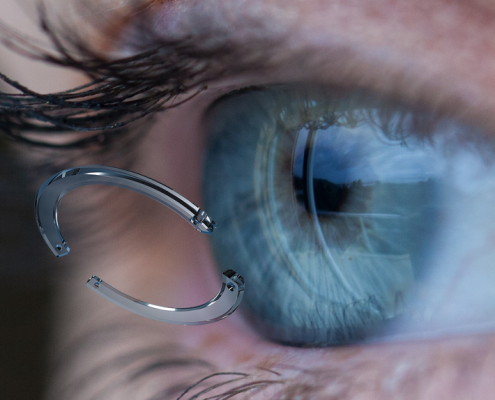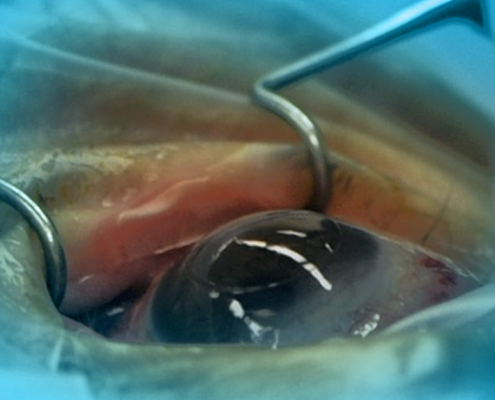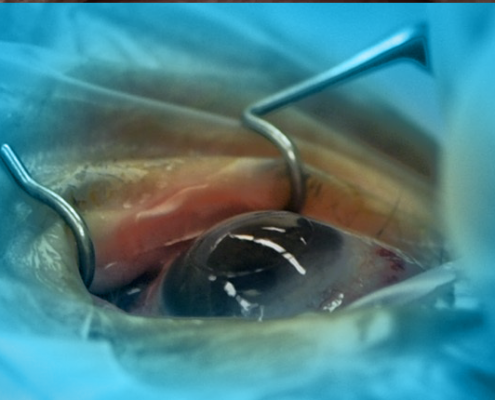What You Should Know About Corneal Transplant Surgery
One of the most common and successful transplant surgeries replaces the eye’s cornea, the clear, central surface that admits light and protects tissue below. With a success rate around 95%, there are about 50,000 corneal transplants performed annually in the United States.
The corneal transplant specialists at V.I.P. Laser Eye Center can help you regain clarity and visual acuity with this sight-changing procedure. Contact any of their three Florida locations.
The structure of the cornea
The clear outer lens of the front of the eye, the cornea has many layers and it’s the first stage of focus for light entering your eye. When the cornea becomes damaged by injury or disease, including Fuch’s dystrophy or keratoconus, it can cloud your vision and it could also cause pain.
Corneal transplant
The corneal transplant procedure replaces your cornea with tissue from an organ donor. This procedure restores vision, reduces pain and resolves other issues resulting from a damaged cornea.
Sometimes, other treatments such as laser treatment or medication can treat cornea issues, but these aren’t always fully effective, or they may not be options because of other health considerations.
The nature of the procedure that’s right for you depends on the type and degree of damage to your cornea. The primary types of corneal transplant are the traditional penetrating keratoplasty (PK), which replaces the entire thickness of the cornea, and the endothelial keratoplasty (EK), which replaces only the back, inner layer of the cornea.
What to expect from your transplant
Typically performed as an outpatient procedure, there’s no overnight hospital stay, and you’ll return home the same day. The procedure starts with sedation and anesthetics, so the surgery itself is well tolerated. Post-procedure, you’ll wear an eyepatch to keep your eye safe and clean through recovery
At-home care includes a regimen of drops and other medications to prevent infection and organ rejection. You’ll also follow up with your surgeon for post-procedure monitoring. If you experience unusual pain or bleeding, contact the office immediately.
It can take up to a year for full recovery from a corneal transplant, depending on the nature of your surgery. This slow recovery is normal and expected, and it won’t affect the success of your procedure.
Though rare, there is a risk of your body rejecting the transplanted corneas. This occurs when your immune system starts to attack the foreign tissue. If this occurs, eye drops and oral medications typically overcome the immune system response.
To learn more about corneal transplant and how it can help improve your vision, contact V.I.P. Laser Eye Center to schedule a personal consultation. You’re just a two-hour procedure away from pain-free, clear sight, so call now to start the process.










